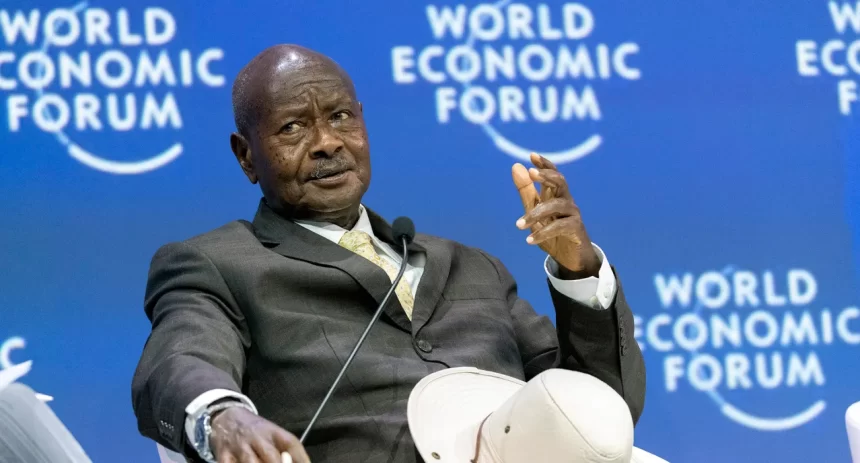President Yoweri Museveni has defended the controversial practice of trying civilians in military courts, asserting that it has been instrumental in stabilizing Uganda by addressing gun-related crimes swiftly and effectively.
In a statement directed at Ugandans, particularly the youth, Museveni described the military court martial as a critical “reinforcement” to the civilian judicial system, particularly in handling cases involving firearms. He explained that the National Resistance Movement (NRM) introduced the measure in 2005 to combat the rising threat of armed criminals and terrorists.
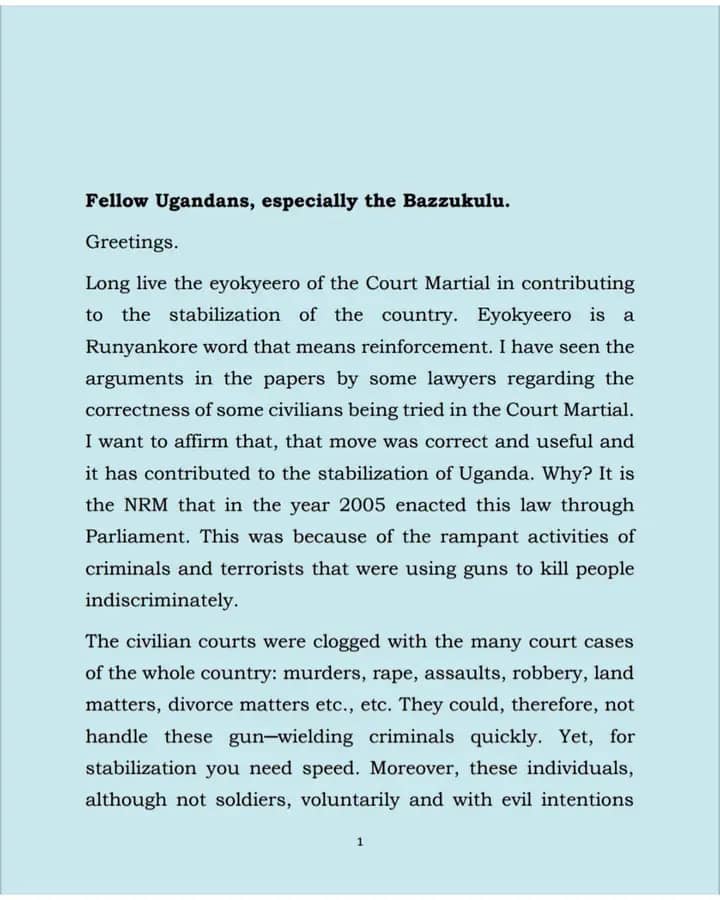
“Civilian courts often grapple with a backlog of cases ranging from murder to land disputes, making them less suited to handle the urgency of gun-related crimes. For stabilization, you need speed,” Museveni said.
He argued that individuals who acquire firearms with malicious intent, despite not being members of the armed forces, pose a significant threat to public safety and must be dealt with decisively. The military court martial, he noted, ensures such offenders are swiftly removed from society while ensuring their basic needs are met during detention.
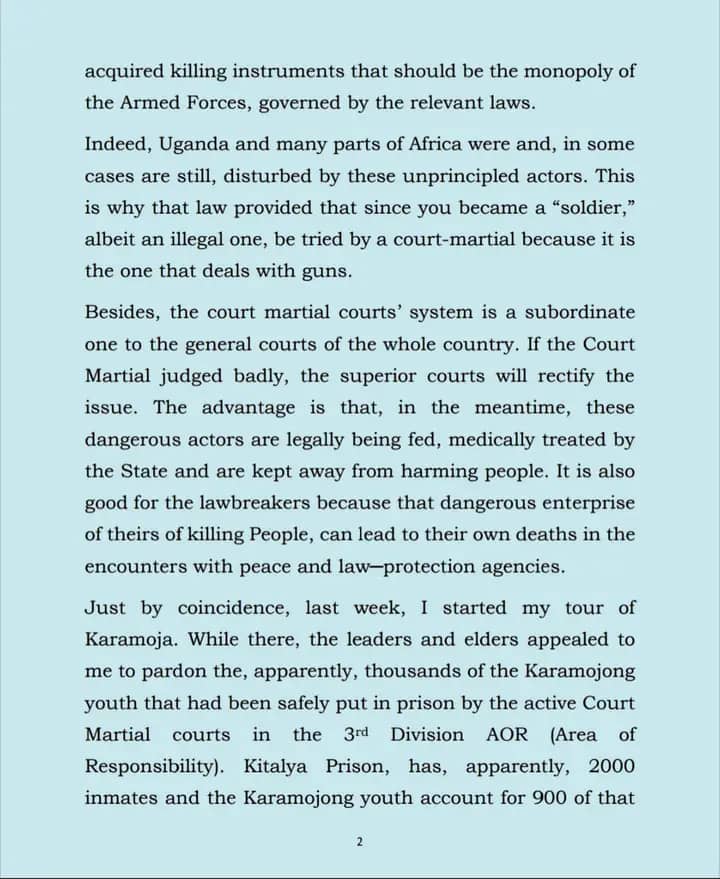
Museveni also highlighted the military courts’ contributions to peace in Karamoja, a region previously plagued by armed violence. He revealed that of the 2,000 inmates currently detained at Kitalya Prison, 900 are Karamojong youths apprehended by military courts.
“The efficient and focused work of the military courts, supplemented by military operations, has legally removed these confused youths from society for a given period,” he said.
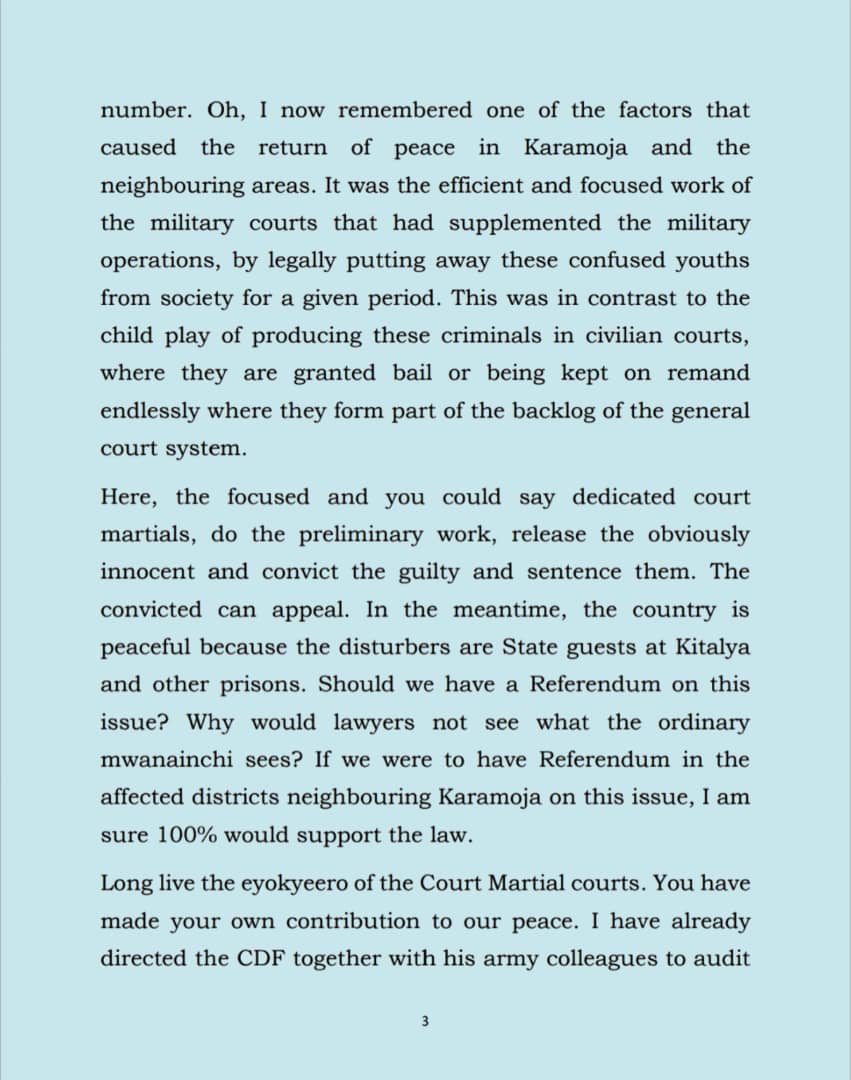
The President criticized civilian courts for granting bail or frequently remanding such individuals, a practice he described as “child play.” He attributed the reduction in violence in Karamoja and its neighboring regions to the effectiveness of military courts, which local leaders and elders have acknowledged by requesting pardons for some detainees.
Museveni further suggested that the use of military courts could be subjected to a public referendum in affected regions, expressing confidence that citizens would overwhelmingly support the practice. “If we were to have a referendum in the affected districts neighboring Karamoja, I am sure 100% would support the law,” he stated.
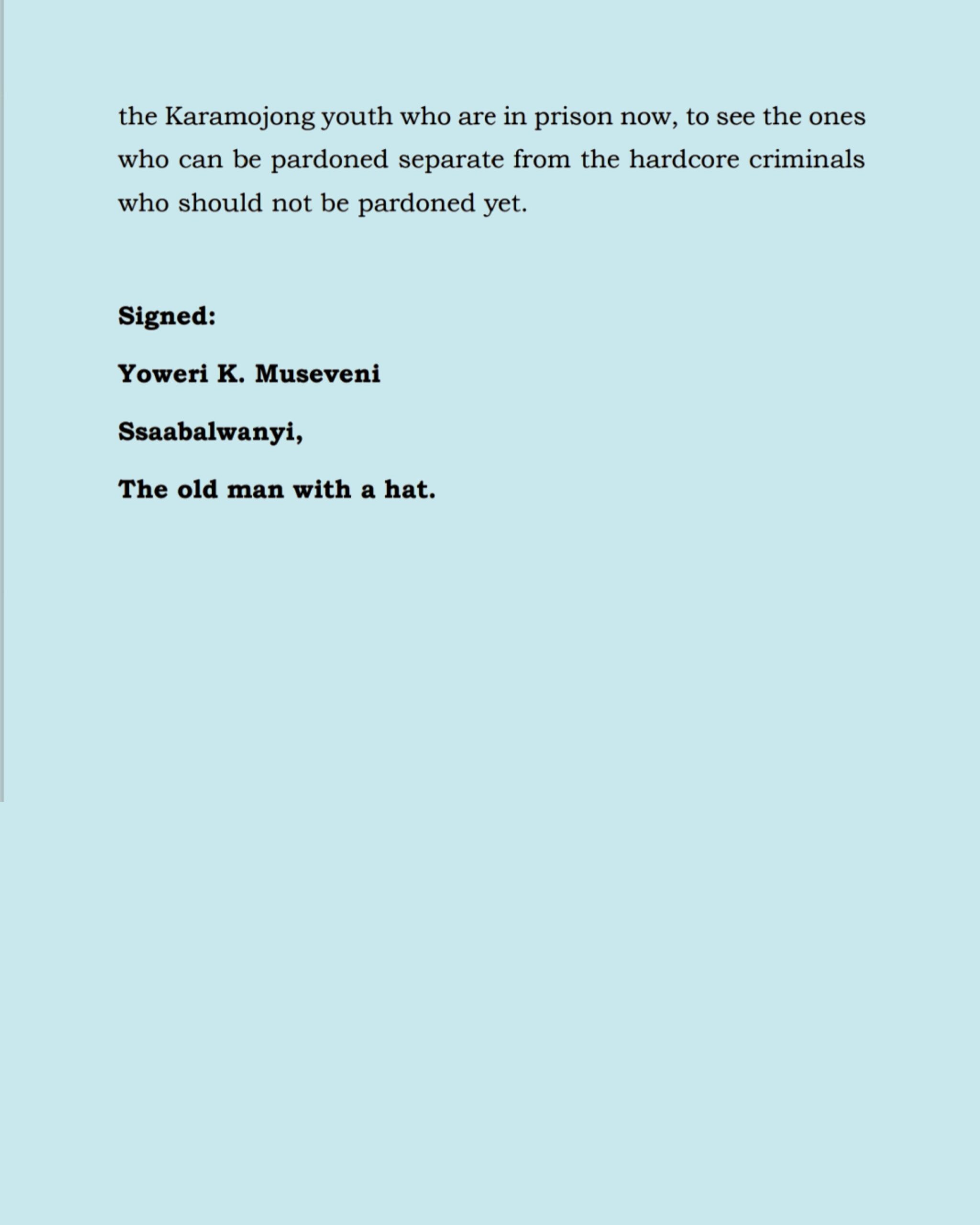
In his statement, Museveni also directed the Chief of Defense Forces (CDF) and other military officials to conduct an audit of military courts to enhance their efficiency and ensure they continue contributing to national peace and stability.

He concluded by reiterating that the court martial operates within the broader framework of Uganda’s judicial system, with superior courts available to address any errors, ensuring fairness while prioritizing the safety and stability of the nation


